The Material Gene Gender Race and Heredity after the Human Genome Project (Biopolitics Medicine Technoscience and Health in the 21st Century)
The Material Gene Gender Race and Heredity after the Human Genome Project (Biopolitics Medicine Technoscience and Health in the 21st Century)
| Publisher |
Other Publisher |
|---|---|
| Language |
English |
| Edition |
1st |
| Format |
Publisher PDF |
| File Size |
2.5 MB |
| ISBN-10 |
0814790682 |
| ISBN-13 |
978-0814790687, 9780814790687 |
$31.60 Original price was: $31.60.$21.00Current price is: $21.00.
- The files will be sent to you via E-mail
- Once you placed your order, we will make sure that you receive the files as soon as possible
5/5
Description
The Material Gene Gender Race and Heredity after the Human Genome Project (Biopolitics Medicine Technoscience and Health in the 21st Century)
The Material Gene Gender Race and Heredity after the Human Genome Project delves into the profound societal implications stemming from the completion of the “draft” of the human genome in 2000, marking a pivotal juncture in genetic research.
Authored by Kelly Happe, this illuminating work traverses the cultural and social dimensions of genomics, using this emerging field to scrutinize the tangible expression of social relationships.
Happe masterfully contextualizes contemporary genomics within the broader historical backdrop of eugenics, illuminating the dynamic interplay between heredity, dominant societal forces, and shifts in gender and racial dynamics.
Through meticulous exploration, she underscores how genomics operates as a form of social knowledge, intricately interwoven with cultural values that imbue the body with meaning.
Bridging genetics research history with contemporary discourses, The Material Gene Gender Race and Heredity after the Human Genome Project skillfully navigates the complex landscape of heredity, race, and gender, revealing how these facets intertwine with present-day socio-political agendas, making it an invaluable contribution to the realm of biopolitics, medicine, and technoscience.

The Material Gene Gender Race and Heredity after the Human Genome Project (Biopolitics Medicine Technoscience and Health in the 21st Century)
1.2.Key Features
Certainly, here are some of the standout key features of The Material Gene Gender Race and Heredity after the Human Genome Project:
- Contemporary Relevance: The Material Gene Gender Race and Heredity after the Human Genome Project explores the societal implications and controversies triggered by the completion of the human genome “draft,” making it highly relevant to current discussions on genetics and genomics.
- Interdisciplinary Exploration The Material Gene Gender Race and Heredity after the Human Genome Project seamlessly navigates the intersections of genetics, gender, race, and social dynamics, providing a holistic perspective on the complex relationships between these facets.
- Cultural and Social Dimensions: The author delves into the cultural and social aspects of genomics, shedding light on how societal values and norms shape our understanding of genetics and its impact.
- Historical Context: By situating contemporary genomics within a historical context that includes eugenics, the book offers a comprehensive view of how genetic research and its implications have evolved over time.
- Critical Analysis: The Material Gene Gender Race and Heredity after the Human Genome Project critically examines the relationship between heredity and dominant social and economic interests, highlighting shifts in gender, racial politics, social movements, and political economy.
- Social Knowledge: The concept of genomics as a form of social knowledge is explored, emphasizing how cultural values influence the interpretation and significance of genetic information.
- Interplay with Political Agendas: The book underscores how knowledge claims about heredity, race, and gender intersect with present-day social and political agendas, providing insights into the broader impact of genetic research.
- Biopolitical Exploration: Positioned within the realm of biopolitics, medicine, and technoscience, the book offers a unique lens through which to analyze the intricate relationships between genetics and broader societal forces.
- Author Expertise: Authored by Kelly Happe, an expert in the field, the book reflects a deep understanding of the subject matter, ensuring reliable insights and analysis.
- Nuanced Perspective: The book navigates the complexities of genetic research with a nuanced approach, encouraging readers to think critically about the implications of genomics on various aspects of society.

The Material Gene Gender Race and Heredity after the Human Genome Project
1.3. About Writer
Kelly E. Happe is a prominent author and scholar known for her significant contributions to the fields of gender studies, science, technology, and society.
Holding a Ph.D. in Sociology, she has established herself as a leading voice in exploring the intersections of biology, genetics, and social dynamics.
With expertise in the cultural and social dimensions of science, Happe has authored numerous scholarly works that illuminate the impact of scientific advancements on societal norms and values.
Her research often delves into complex topics such as genetics, gender, race, and the implications of scientific knowledge on broader socio-political contexts.
Happe’s innovative insights bridge the realms of academia and public discourse, fostering a deeper understanding of how science and society interact.
Her accomplishments extend to teaching and mentorship, where she guides students to critically engage with the intricate relationships between scientific discoveries and their implications for diverse communities.

The Material Gene Gender Race and Heredity after the Human Genome Project (Biopolitics Medicine Technoscience and Health in the 21st Century)
Summary
The Material Gene Gender Race and Heredity after the Human Genome Project by Kelly E. Happe is a thought-provoking exploration of the societal impact of the human genome project’s completion.
Delving into the cultural and social dimensions of genomics, Happe investigates how genetics intertwines with gender, race, and societal dynamics.
By contextualizing contemporary genomics within a historical framework that includes eugenics, the book critically examines the evolving relationship between heredity and dominant social forces.
It reveals genomics as a form of social knowledge shaped by cultural values, and elucidates how knowledge about heredity, race, and gender intersects with present-day socio-political agendas.
This interdisciplinary work provides a holistic perspective on the intricate interplay between genetics and society, making it an essential read for anyone interested in understanding the far-reaching implications of genetic research on identity, equity, and societal structures.
Make sure that you are buying e-books from trustworthy sources. With over a decade of experience in the e-book industry, the Medbook1.com website is a reliable option for your purchase.
Categories:
Other Products:
Stem Cells New Frontiers in Science & Ethics (Original PDF from Publisher)
The Regulation of DNA Replication and Transcription (Original PDF from Publisher)
Reviews (0)
Be the first to review “The Material Gene Gender Race and Heredity after the Human Genome Project (Biopolitics Medicine Technoscience and Health in the 21st Century)” Cancel reply
Related products
Principles of Psychiatric Genetics
Rated 0 out of 5
Genetics and Genomics for Nursing (Original PDF from Publisher)
Rated 0 out of 5
Human Evolutionary Genetics 2nd Edition (Original PDF from Publisher)
Rated 0 out of 5
The Regulation of DNA Replication and Transcription (Original PDF from Publisher)
Rated 0 out of 5
Thompson & Thompson Genetics in Medicine 7th Edition (Original PDF from Publisher)
Rated 0 out of 5

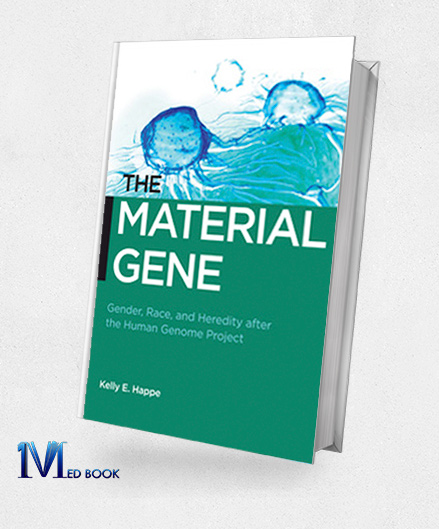

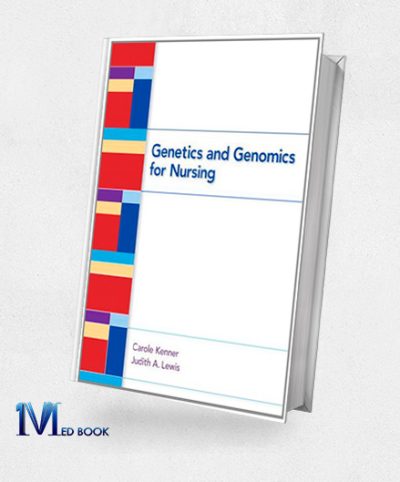
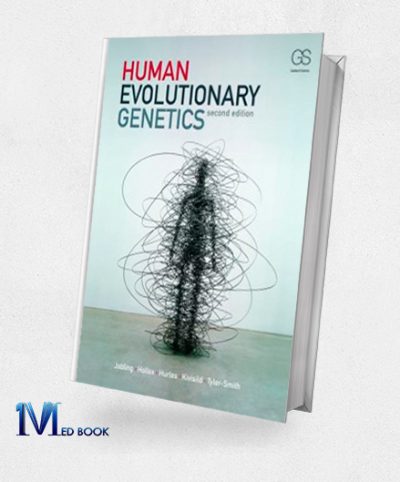
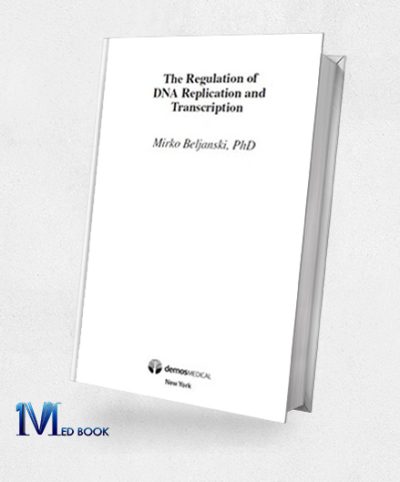
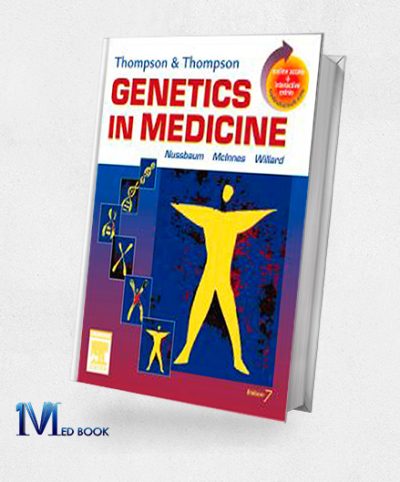

Reviews
There are no reviews yet.